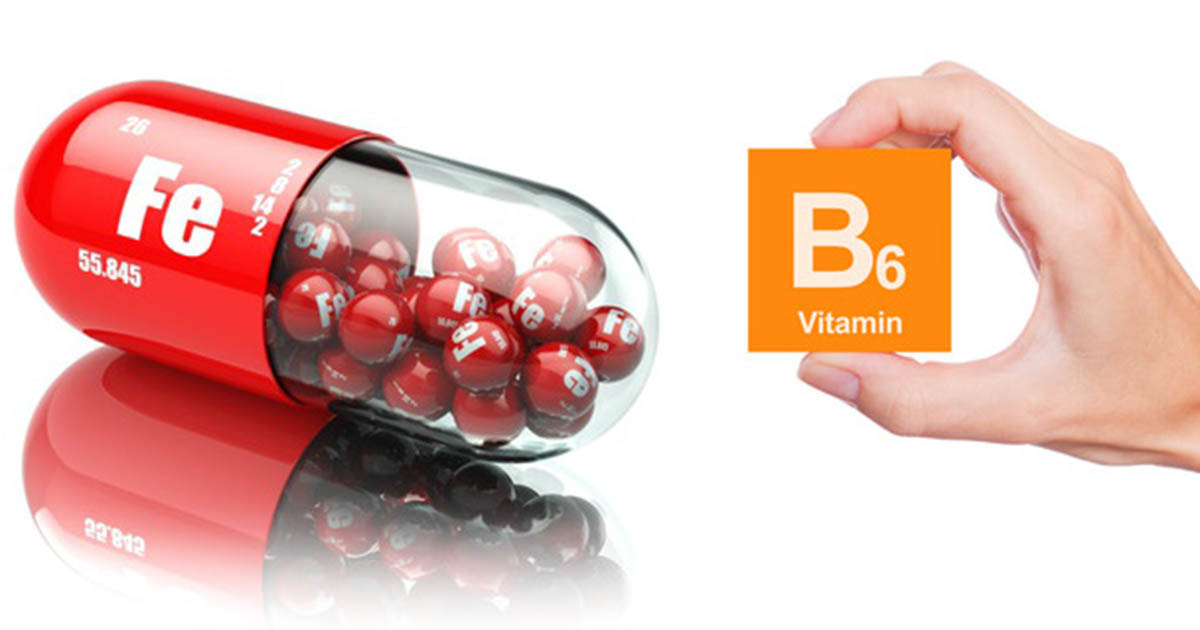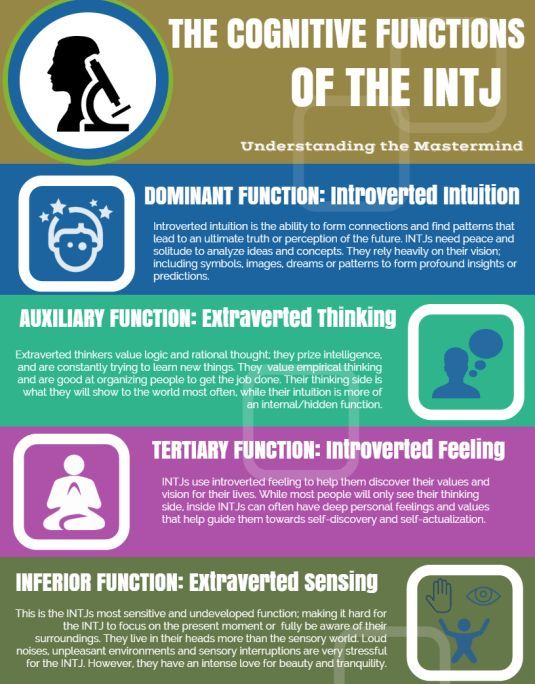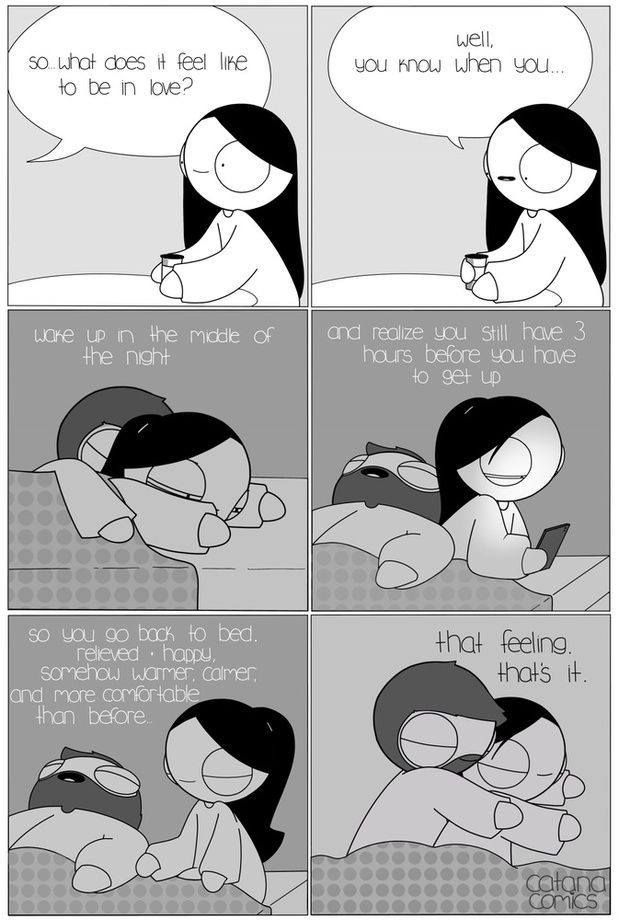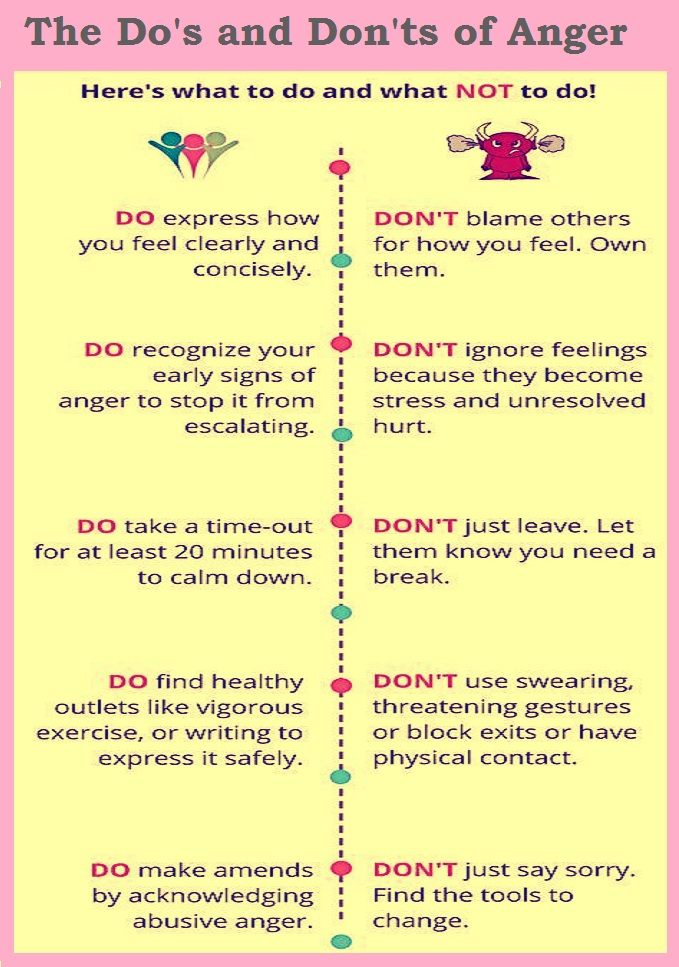Panic attack vitamins
How to Stop Panic Attacks Naturally
It’s estimated that 1 in 10 people suffer from occasional panic attacks, while 1 in 50 has panic disorder, which results in more frequent attacks. Women are twice as likely as men to suffer from the condition.
Panic attacks cause both physical and emotional symptoms; an overwhelming fear or apprehension, along with nausea, sweating, heart palpitations, uncontrollable shaking and shortness of breath. These attacks often last between 5 and 20 minutes, with some people likening them to a heart attack.
What Causes Panic Attacks?
For many it seems that panic attacks may occur for no apparent reason and can catch people completely off guard. In reality they occur when the body perceives an immediate threat or danger, which causes nerve impulses in the brain to go into overdrive. Sometimes that threat isn’t always obvious or reasonable.
Although the trigger for attacks is often a false alarm, the body releases adrenaline preparing it for ‘fight-or-flight' – either running from the threat or preparing to fight it. This is useful in extreme life-or-death circumstances, but is paralyzing when you are trying to live your life as normal.
The extra adrenaline causes the heart to beat faster and blood is diverted to the muscles. This causes a feeling of light headedness as blood is shunted to the extremities. Although the exact cause can vary from person to person, certain factors are known to increase the risk, including:
- Stressful situations
- Traumatic experiences, such as bereavement
- Genetics
- Phobias
- Depression
- Nutrient deficiencies.
Finding the best treatment can be tricky, so always speak to your GP for medical advice regarding your individual needs. Avoiding stressful situations can help but this is not always practical, so diet may be the best place to start; there is evidence to show that deficiencies cause imbalances in the body that increase the risk of anxiety and panic attacks.
Certain foods also heighten feelings of anxiety – sugar and caffeine stimulate the adrenal gland and upset blood sugar levels.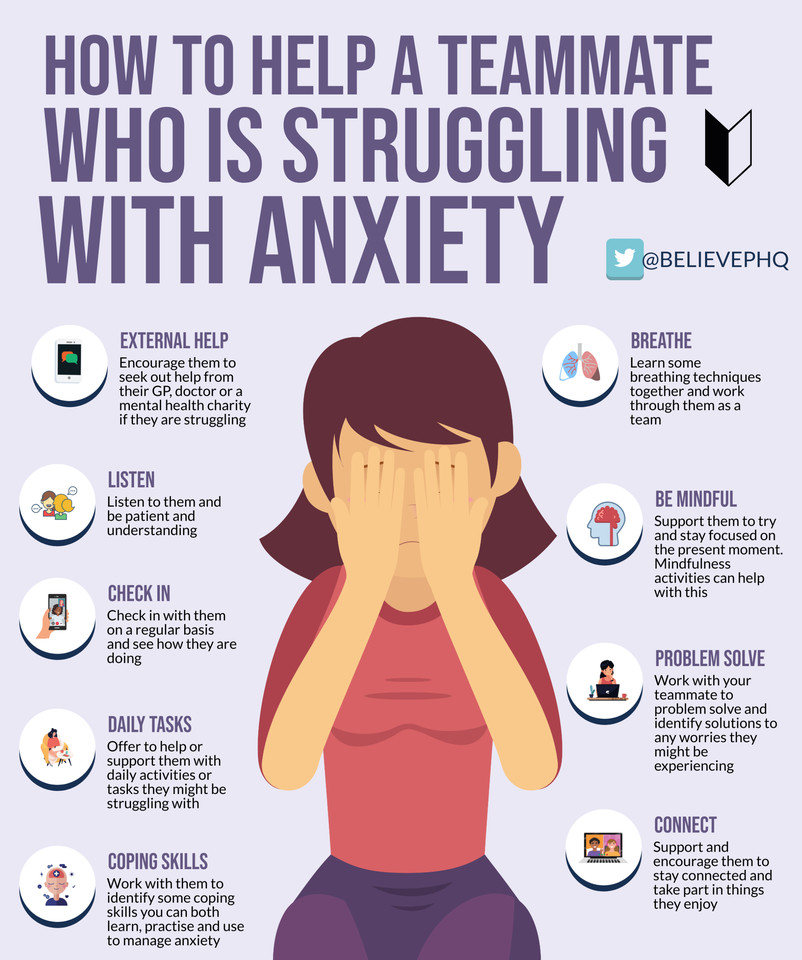 While they are not solely responsible, they can contribute to the frequency of attacks.
While they are not solely responsible, they can contribute to the frequency of attacks.
Trying to tackle panic attacks can seem hopeless, especially with how frightening attacks can be. There are ways, though, to help reduce the impact of attacks and, potentially, reduce their frequency:
How to Stop Panic Attacks Naturally
Breathing
Slow your breathing. When you feel anxiety building it is important to focus on something the body does not perceive to be threatening. If your breathing becomes too shallow, the panic attack may worsen. Take slow deep breaths through the nose for the count of four and then lengthen the exhalation of each breath.
Breathing and relaxation exercises can also help you cope with lingering anxiety, helping to prevent attacks happening during the day. There are theories that connect panic attacks with CO2 sensitivity, meaning that even having small amount of the gas over the norm can cause the body to attempt to release it via a panic attack. There’s been some success with breathing training to keep CO2 better regulated, but the link needs strengthening before breathing training can be widely prescribed.
There’s been some success with breathing training to keep CO2 better regulated, but the link needs strengthening before breathing training can be widely prescribed.
Cold Water Treatment
Splashing the face with cold water helps to shock the panic out of the system, slows down breathing, and reduces the heart rate by up to 25%. This is because both the heart and sensation are linked by the parasympathetic nervous system, unconsciously reacting to various stimuli like temperature and physical sensations.
Alternatively, you can soak a towel in cold water and place it around the face and neck. If anxiety is severe then you may find submerging your face in water for a number of seconds even more effective.
Exercise
The mental benefits of exercise are often emphasised, releasing endorphins to help people feel happy (often known as the “runner’s high). It can also be a useful tool to help you combat against panic attacks; Anxiety UK says that five 30-minute sessions a week can be beneficial against panic and anxiety disorders.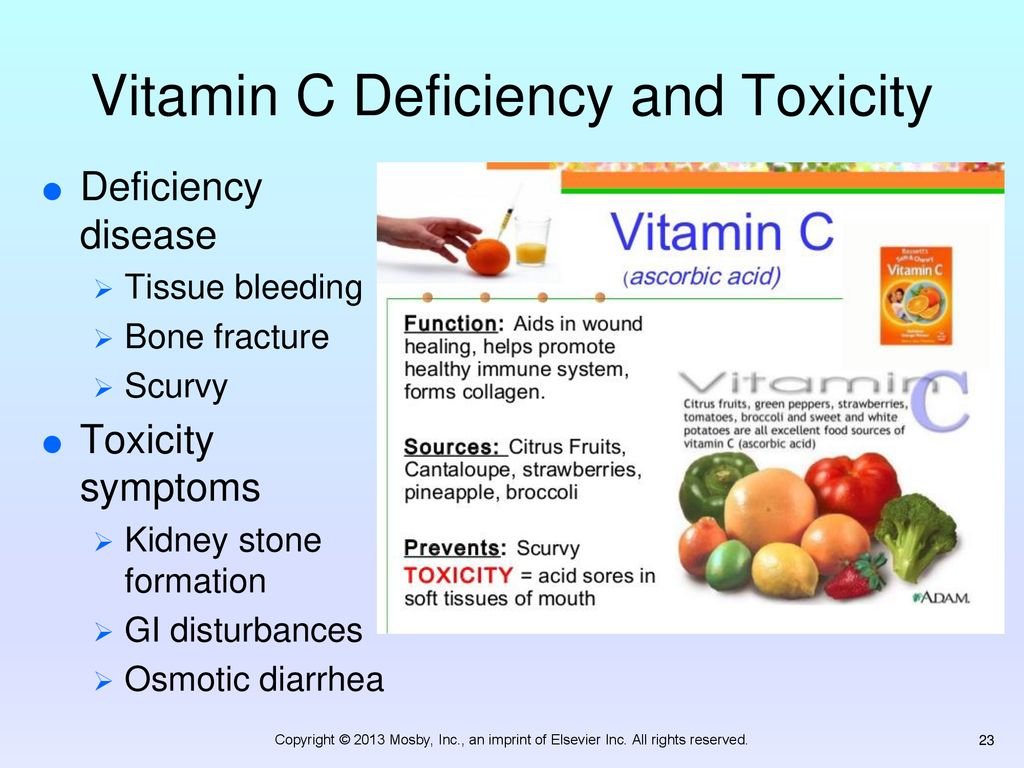 It doesn’t even need to be vigorous – gentle walks not only give you a work out but help take your mind off matters. For the more determined, heavier exercise gives you a healthy outlet to channel frustrations built up during the day.
It doesn’t even need to be vigorous – gentle walks not only give you a work out but help take your mind off matters. For the more determined, heavier exercise gives you a healthy outlet to channel frustrations built up during the day.
Yoga
Over time, yoga helps to relax the body and mind, and lower everyday anxiety and stress levels. This practice involves breathing techniques to slow the heart rate and reduce nervous energy. It might not seem like it, but it also counts as a gentle form of exercise (linking into the previous point), with the stretches increasing the blood flow throughout the body. Yoga also involves self-study, which can help to identify any underlying causes of anxiety. In a study of twenty subjects showed reductions in anxiety levels when yoga was done both by itself and alongside behavioural therapy.
Aromatherapy
Essential oils can offer calming effects that help you to relax and unwind. Try adding a few drops of lavender essential oil or rose water to a handkerchief or oil burner. Aromatherapy can be a great way to help relax and lower your background anxiety, and has been tested and proved in a number of stressful settings, such as before painful hospital procedures. While the precise measurements and dosages haven’t been precisely examined on a scientific level, one review study looking at 20 years of aromatherapy research has found positive results when used against anxiety.
Aromatherapy can be a great way to help relax and lower your background anxiety, and has been tested and proved in a number of stressful settings, such as before painful hospital procedures. While the precise measurements and dosages haven’t been precisely examined on a scientific level, one review study looking at 20 years of aromatherapy research has found positive results when used against anxiety.
Natural Remedies for Anxiety
In today's medicine-orientated society, many of us are turning to natural alternatives to help alleviate symptoms of anxiety and panic attacks, and certain vitamins and minerals can play a significant role. If you suffer from anxiety consider one of the following supplements for anxiety and stress:
Vitamin B Complex
The eight B vitamins, particularly B6, B9 (folic acid) and B12, are essential for the proper function of the nervous system and can help to calm the nerves and reduce mental stress and fatigue. For these reasons, they are often referred to as anti-stress nutrients.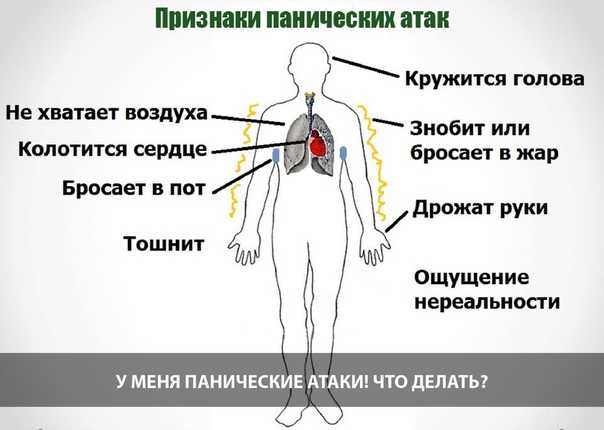 In fact, a 2013 study that looked into the effect of a vitamin B complex on those with depressive symptoms and anxiety, and found that it “may offer an opportunity for adults with depression to improve mood symptoms and quality of life.”
In fact, a 2013 study that looked into the effect of a vitamin B complex on those with depressive symptoms and anxiety, and found that it “may offer an opportunity for adults with depression to improve mood symptoms and quality of life.”
Good food sources of vitamin B include liver, meat, turkey, whole grains, and bananas, while supplements can also help to cover any dietary gaps. All eight B vitamins work together, and so many people find it best to take a vitamin B complex supplement to prevent any imbalances.
Calcium and Magnesium
Chelated magnesium is often referred to as the 'calming mineral' and it may help to prepare the body for the fight-or-flight response associated with stressful situations. Cortisol – the ‘stress’ hormone – depletes levels of magnesium in the body, and so those who feel stressed and overworked can be more vulnerable to panic attacks.
Good food sources include dark-green leafy vegetables such as kale and spinach, whole grains such as oats and buckwheat.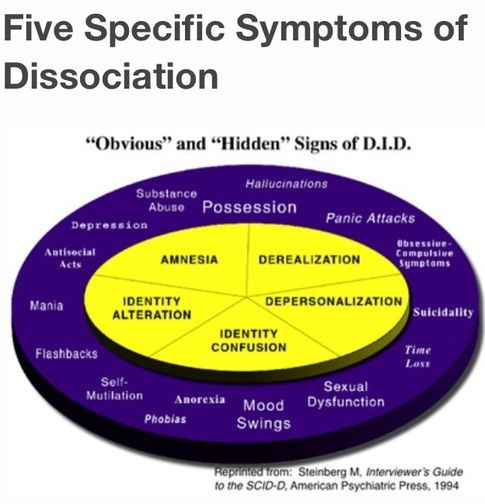 In supplement form, calcium and magnesium are best taken in a 2:1 ratio to optimise their absorption and utilisation by the body.
In supplement form, calcium and magnesium are best taken in a 2:1 ratio to optimise their absorption and utilisation by the body.
Vitamin D
We produce much of our vitamin D from the sun, but during the winter months the sun's rays simply aren't strong enough for our bodies to produce sufficient levels. As a result, those of us living in the UK often have fairly low vitamin D levels during the winter, which can cause any feelings of anxiety and depression to worsen – a condition called Seasonal Affective Disorder (SAD).
It's important to ensure that your vitamin D levels are topped up throughout the year to reduce the risk of seasonal mood and anxiety disorders. A study from the Institute of Endocrinology in Prague noted that those with anxiety had lower levels of calcidiol, a hormone produced using vitamin D3.
Iron
Iron is an essential cofactor for the synthesis of serotonin in the brain, and low dietary intakes of iron can cause anaemia, fatigue, anxiety and panic attacks.
A recent 2015 study found that patients admitted to hospital for panic attacks and hyperventilation all had low levels of iron and vitamin B6. These findings were compared to a control group, who all showed adequate levels. However, this was only a small-scale study, and so further research is needed.
Iron is widely available in foods such as liver, shellfish and chickpeas. According to the World Health Organisation, iron is one of the most common nutritional deficiencies in the world with some people, particularly women of childbearing age, potentially finding iron supplements to be beneficial.
Lysine
This amino acid is most commonly used to shield against cold sores, but it has a second use. Deficiencies in lysine have been linked to anxiety, and research is starting to accrue that points to it being able to help alleviate stress and panic when taken as a supplement.
A Japanese study in 2007, looking at 108 students found that, with oral supplementation of lysine, their anxiety was significantly reduced.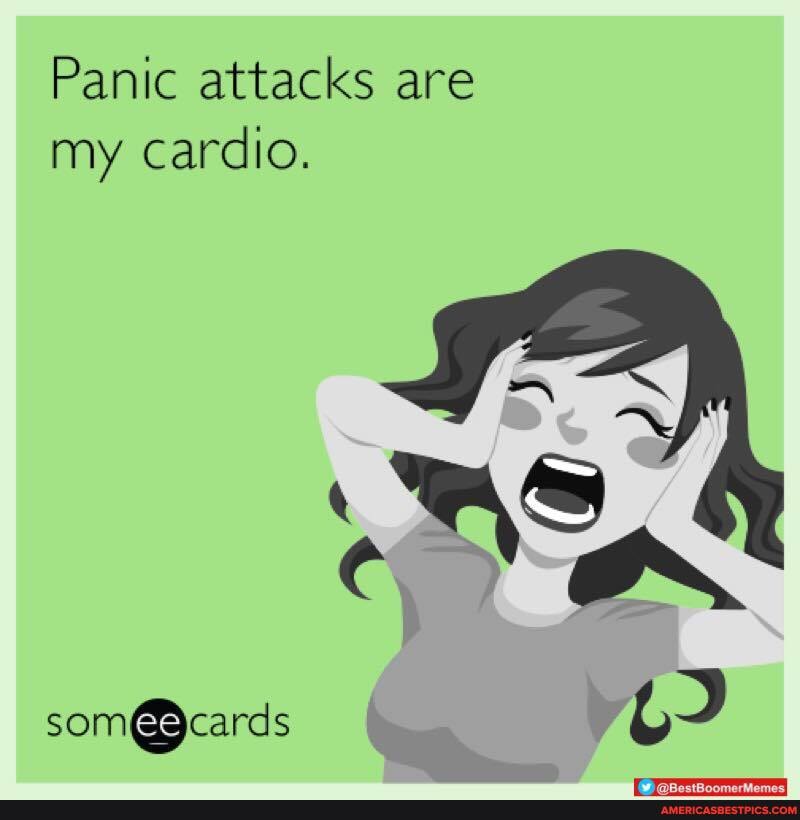 One measurement taken was the levels of cortisol in the participants’ saliva adding credence to their findings.
One measurement taken was the levels of cortisol in the participants’ saliva adding credence to their findings.
5HTP
5HTP is an amino acid that helps to boost serotonin levels, and studies have shown that low levels of serotonin in the brain can facilitate panic attacks.
One small-scale placebo-controlled trial involved participants taking 200mg doses of 5HTP and being subjected to a 35% CO2 challenge. Findings showed that participants in the 5HTP group experienced fewer panic attacks, compared to the placebo group. However, this another small-scale study, and so more research is required.
Conclusion
Panic attacks are a frightening and distressing experience, partly because of the feeling that there’s no way to control them. That is not the case – using these techniques and lifestyle changes, you can help minimise the impact panic can have on your life. Along with this, there’s a number of vitamins and minerals you can take to support the body, brain and nervous system against feelings of anxiety.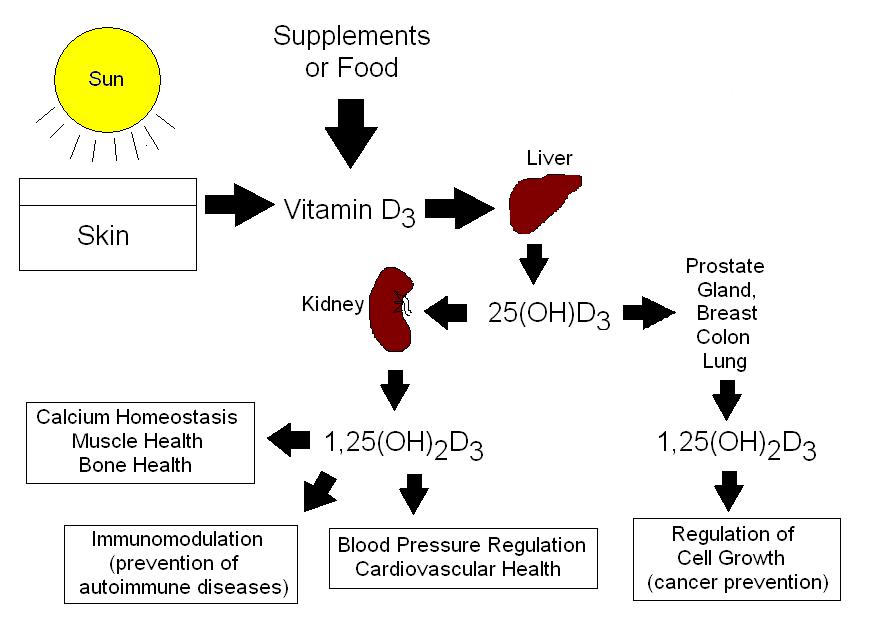
While this advice can help, if you are suffering from constant or severe panic attacks then see a doctor as soon as possible.
Sources:
https://journals.sagepub.com/doi/abs/10.1177/0145445503256324
https://www.nhs.uk/conditions/stress-anxiety-depression/coping-with-panic-attacks/
https://www.sciencedirect.com/science/article/pii/0005791685900321
https://www.ncbi.nlm.nih.gov/pubmed/16723802
https://www.liebertpub.com/doi/abs/10.1089/acm.2009.0277
https://www.ncbi.nlm.nih.gov/pmc/articles/PMC5111093/
http://www.biomed.cas.cz/physiolres/pdf/64%20Suppl%202/64_S101.pdf
http://downloads.hindawi.com/journals/isrn.psychiatry/2013/621453.pdf
https://www.ncbi.nlm.nih.gov/pubmed/2139731
https://www.jstage.jst.go.jp/article/biomedres/28/2/28_2_85/_article/-char/ja/
11 Vitamins for Anxiety Relief — Talkspace
Our bodies work endlessly to process and use the nutrients we get from the foods we eat and the beverages we drink.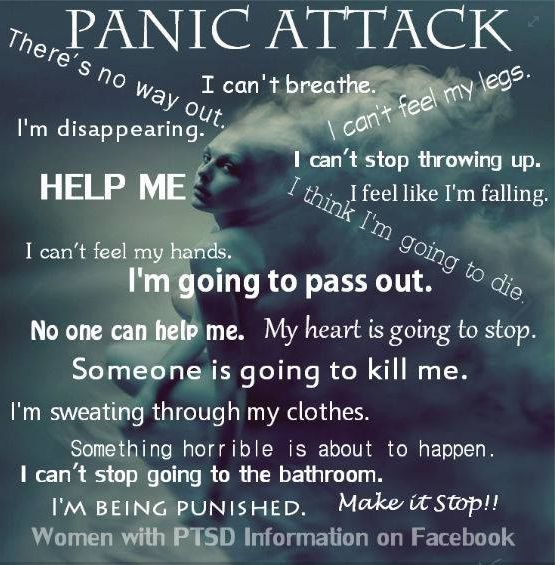 It’s these vitamins, minerals, and other dietary components like fats, sugars, and carbohydrates, that give us the fuel we need to live. It’s also what supports our immune system against disease, repairs cellular damage caused by toxins, promotes faster-wound healing, and even helps our brain to concentrate, remember, and process emotions.
It’s these vitamins, minerals, and other dietary components like fats, sugars, and carbohydrates, that give us the fuel we need to live. It’s also what supports our immune system against disease, repairs cellular damage caused by toxins, promotes faster-wound healing, and even helps our brain to concentrate, remember, and process emotions.
Much research has been done showing a direct link between vitamin deficiency and cognitive decline and emotional challenges. These studies suggest that even beyond physical health benefits, some vitamins like vitamin D and B can be effective in reducing mild symptoms of mood disorder.
What Vitamins Are Good for Anxiety?
If you experience chronic anxiety (long-lasting and generalized) or acute bouts of nervousness (with sudden and intense onset), considering vitamins for anxiety and stress, in addition to other treatment options, is a good decision. Be sure to discuss this with your doctor before starting supplements, especially if you’re taking other medications.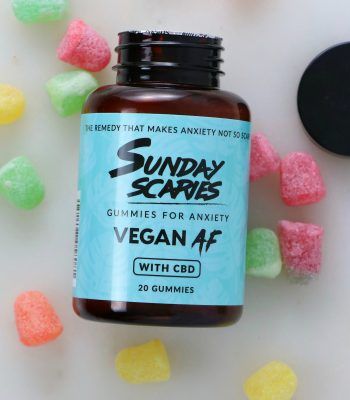
If you were wondering how to treat anxiety with vitamins, some of the best vitamins for anxiety include both water-soluble vitamins that dissolve quickly in the body, as well as fat-soluble vitamins that circulate through the bloodstream and are stored by the body when not in use.
Vitamins alone won’t cure your anxiety, but they may help bolster your health and mood overall. A review of 24 studies suggests that herbal and vitamin supplementation can be a beneficial and effective therapy for treating anxiety. Especially when taken in addition to other forms of treatment, like therapy for anxiety, medication, and self-help techniques, vitamins might be an integral component of your overall treatment plan for dealing with anxiety. Read on to learn more.
Water Soluble Vitamins for Anxiety
Water-soluble vitamins are extremely important and can be taken on a regular basis to help support mental health and functioning. While vitamin C and a vitamin B complex can help support brain functioning and regulate mood (decreasing anxiety) and improve symptoms of stress and fatigue, speak with your doctor before you consider taking them.
Vitamin C
A vitamin C deficiency can leave you feeling fatigued or depressed. Research shows deficient vitamin C levels can result in cognitive impairment and motor deficit. These studies also show that vitamin C supplements can potentially offer beneficial results in treating certain mental health conditions, like major depressive disorder (MDD) and anxiety.
It’s one of the best vitamins for anxiety because as an antioxidant, research suggests it might play an important therapeutic role in anxiety treatment by ensuring balance in your nervous system.
Vitamin B1 (thiamine)
Like other B vitamins, B1 supports healthy organ functioning, and thiamine has been found effective in treating a variety of anxiety disorders. It does this by helping to maintain a healthy nervous system which is important for effectively combating the stress symptoms.
Vitamin B6 (pyridoxine)
Research on pyridoxine shows it’s successful as an anti-stress therapeutic that can have a significant impact on serotonin and GABA, the neurotransmitters that control anxiety and depression.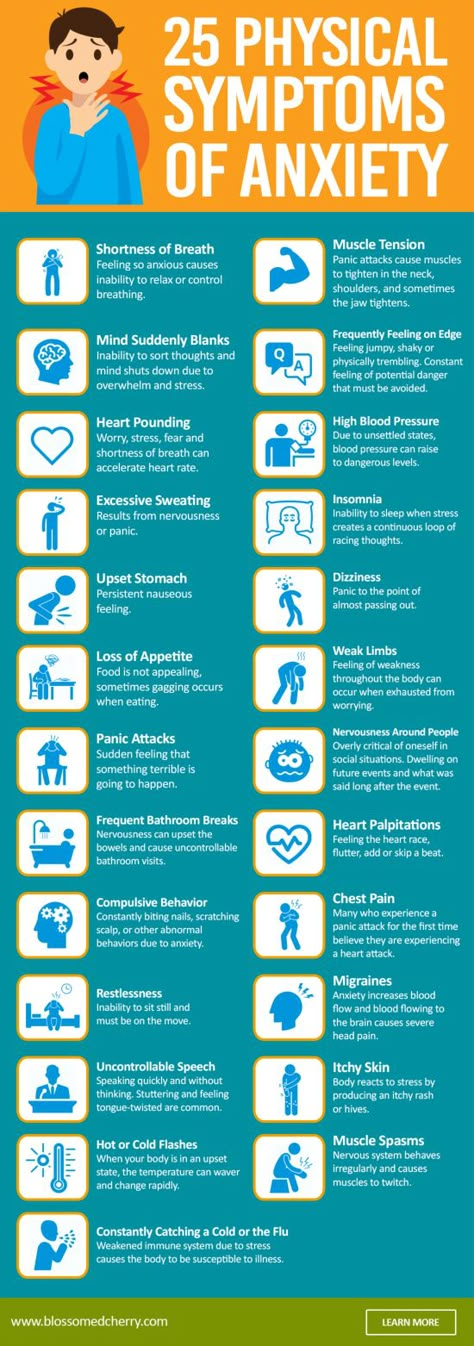
Vitamin B9 (folic acid) and B12 (cobalamin)
Vitamins B9 and B12 are both thought to treat symptoms of anxiety.
Folic acid has many uses in the body, and B9 deficiency has been linked to higher levels of anxiety and depression. When taken in conjunction with B12, these B super-vitamins help metabolize serotonin, which is important for mood regulation.
Vitamin B12 is considered an important brain and nervous system micronutrient and is often used for anxiety. It helps to ensure normal function for your nerves, which can help combat physical symptoms of anxiety. Someone with a deficiency in bitamin B12 may experience increased feelings of anxiety and other potential sychiatric symptoms. Therefore, vitamin B12 can be a great supplement to take if advised by a doctor.
Vitamin B3 (niacin)
Since niacin isn’t stored in the body, many people are likely lacking this all-important B vitamin that helps keep your nervous system, digestive system, and skin healthy.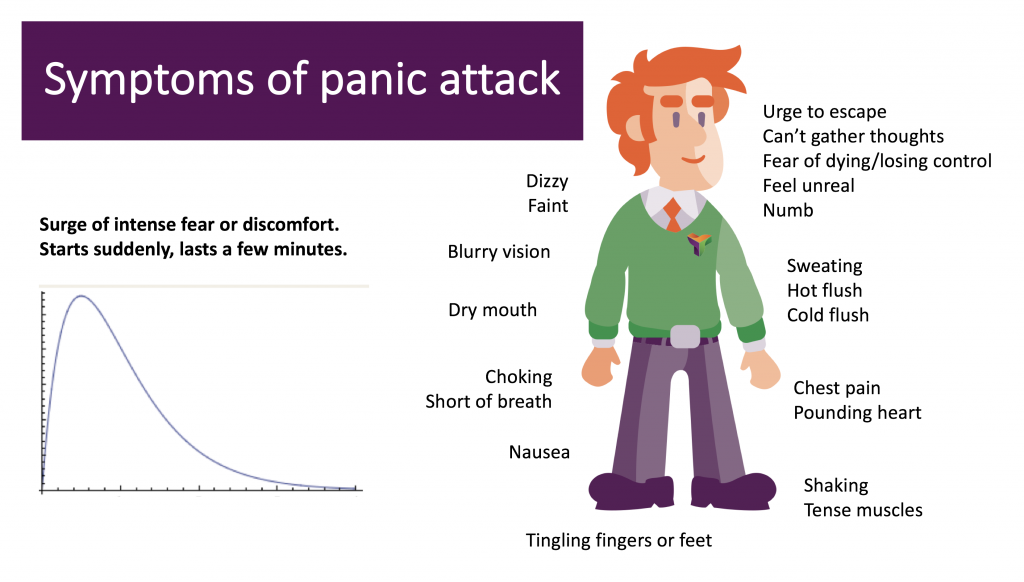 Niacinamide (a form of vitamin B3) has been shown in animals to work in the brain in ways similar to anxiety medications. While further research is needed, some studies show that niacinamide might be beneficial in treating anxiety disorders.
Niacinamide (a form of vitamin B3) has been shown in animals to work in the brain in ways similar to anxiety medications. While further research is needed, some studies show that niacinamide might be beneficial in treating anxiety disorders.
Magnesium
While not technically a vitamin, magnesium is a water-soluble mineral that plays several roles in the body, including supporting optimal nerve and muscle function and energy production. It’s also important for blood pressure regulation. Magnesium deficiency has been linked to anxiety-related conditions, and while more research needs to be done, some studies suggest that increasing your intake can have a significantly positive effect on anxiety symptoms.
Fat Soluble Vitamins for Anxiety
Vitamin A (B-carotene)
Many people who have anxiety also have a vitamin A deficiency. Not only does vitamin A promote well-being, it also helps nourish the nervous system and relax muscles. A strong and balanced nervous system helps to minimize stress and when you feel relaxed, the physical symptoms of anxiety may not affect you as much.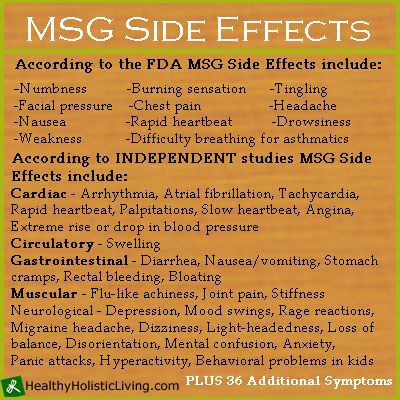 Sufficient levels of the fatty acids found in vitamin A have been found in studies to help those who suffer from panic attacks and generalized anxiety disorder (GAD).
Sufficient levels of the fatty acids found in vitamin A have been found in studies to help those who suffer from panic attacks and generalized anxiety disorder (GAD).
Vitamin D
A vitamin D deficiency has been linked to higher levels of anxiety. So does vitamin D help with depression and anxiety? According to a 2015 review study, people with symptoms of anxiety or depression sometimes also had reduced levels of calcidiol (or calcifediol), which is made when vitamin D breaks down in the body. Since so few plant foods contain vitamin D, taking supplements, spending more time in the sun, and eating fatty fish like salmon and mackerel can increase vitamin D levels, potentially helping reduce anxiety.
Vitamin E
Vitamin E is well known as a beauty drug because it supports healthy skin, hair, and nails. Additionally, depleted stores of vitamin E can lead to more intense anxiety symptoms. Research suggests that vitamin E, which is rich in antioxidants, might help to restore emotional balance and combat the symptoms of generalized anxiety disorder (GAD).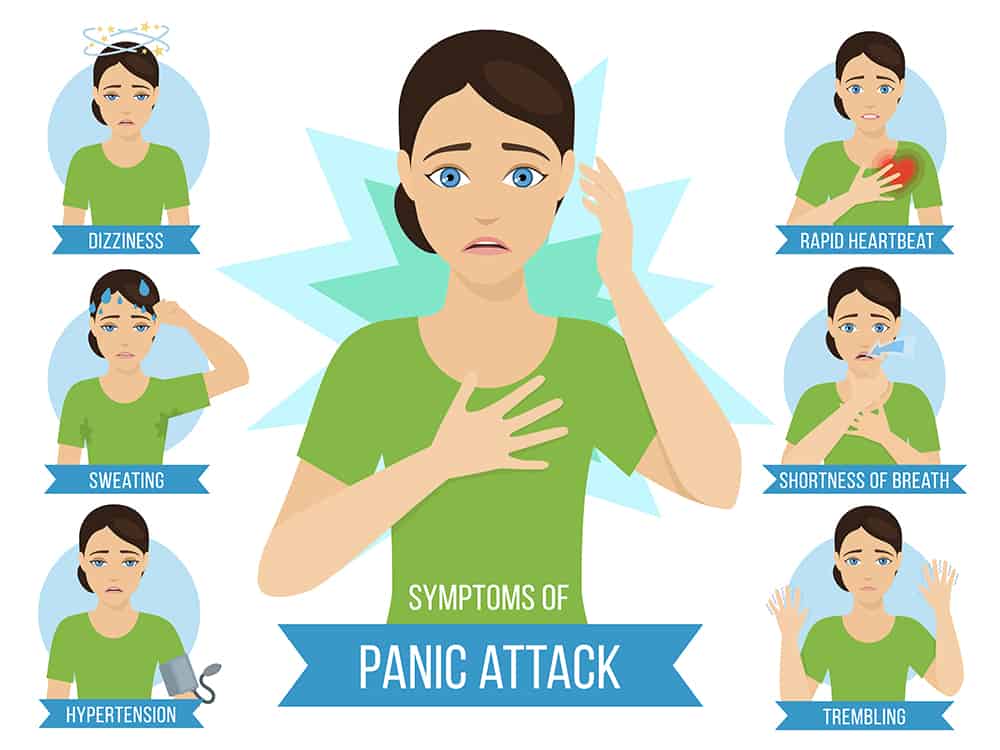
Vitamin K
A laboratory study showed that high blood glucose levels, memory deficit, depression, and anxiety were all reduced when taking vitamin K. Further, vitamin K has been shown to actually prevent the development of depression and anxiety while promoting a general sense of well-being.
“Vitamins B, C, and (water soluble) magnesium have been impactful for many who have anxiety and depression. It’s important to remember that supplements and medications are proven aids at decreasing symptoms. While they can offer relief and healing when anxiety is problematic, skills like meditation, overall nutrition, and regular exercise can also help close the loop in a holistic way.”
Talkspace therapist Elizabeth Keohan, LCSW-C, MSW
When to Seek Treatment
Knowing what vitamins are good for anxiety can help reduce symptoms in some cases, including feeling nervous, restless, or tense. If you’re experiencing high levels of anxiety and it’s interfering with personal or professional relationships, causing persistent sleep problems, or hampering your ability to concentrate, speak with your doctor.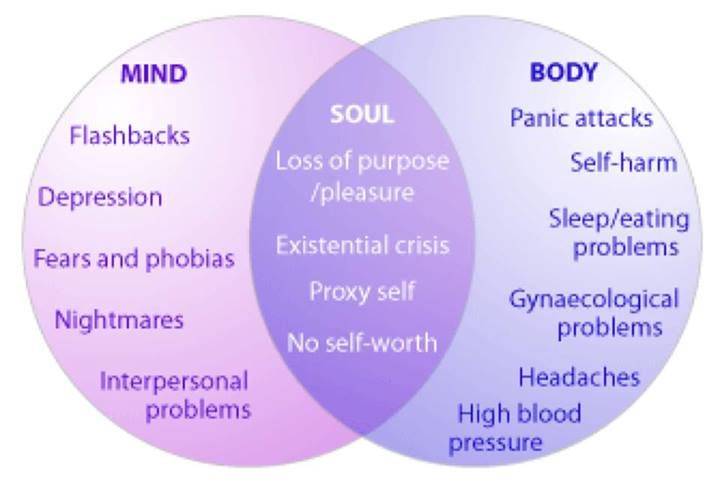 They can order blood tests to determine if you have a true vitamin deficiency.
They can order blood tests to determine if you have a true vitamin deficiency.
Children, pregnant women, and seniors are the most common populations to suffer extreme consequences from a lack of proper vitamins and minerals. That said, any person, at any age, can experience higher levels of anxiety and depression, which might be due to prolonged deficits of certain vitamins. However, it’s also true that many people experience depression and anxiety without any vitamin deficiencies.
Before starting a daily regimen of supplements, it’s important to talk to your doctor to make sure anything you take won’t interfere with other medications or a current medical issue.
For example, both vitamin A and K can have negative interactions with blood thinners, and too much vitamin D can cause a toxic buildup of calcium in the body.
Vitamins along with other forms of treatment like in-person or online therapy can be extremely impactful when it comes to treating anxiety and depression.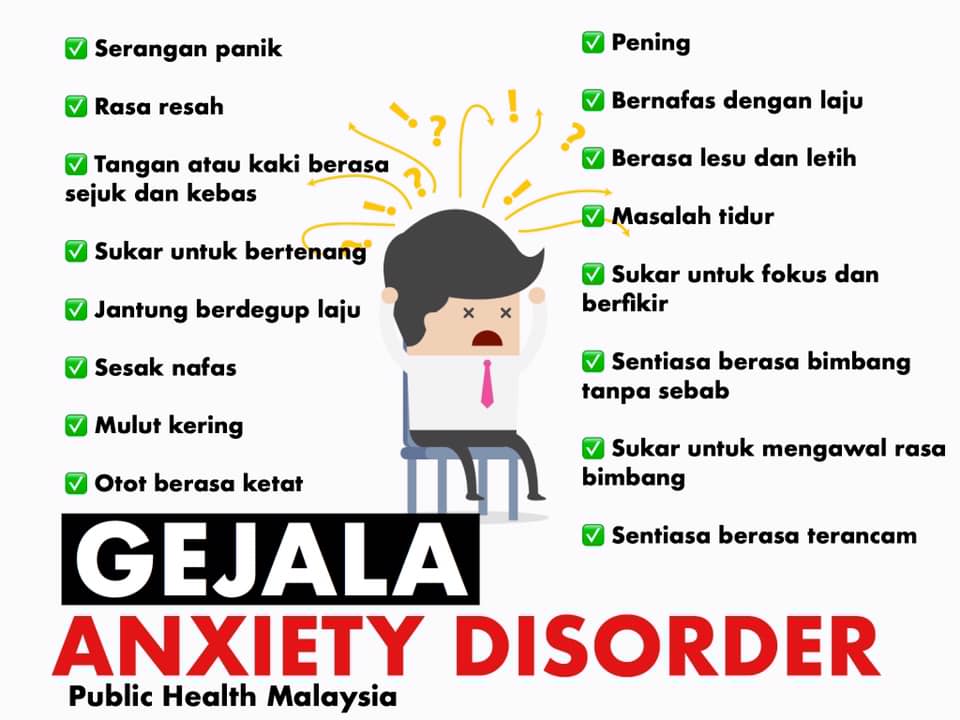 While vitamins won’t fully treat or cure your anxiety, they can help bolster your health, improve your energy, and enhance your overall well-being. Dealing with depression and anxiety can be taxing, both emotionally and physically. If vitamins can potentially help, you deserve to know. Your doctor can order a simple blood test to evaluate your vitamin levels and see if you’re deficient in anything that may be contributing to increased levels of anxiety.
While vitamins won’t fully treat or cure your anxiety, they can help bolster your health, improve your energy, and enhance your overall well-being. Dealing with depression and anxiety can be taxing, both emotionally and physically. If vitamins can potentially help, you deserve to know. Your doctor can order a simple blood test to evaluate your vitamin levels and see if you’re deficient in anything that may be contributing to increased levels of anxiety.
Vitamin deficiencies can be caused by certain medical conditions, a lack of good nutrition, or not getting enough water and/or sunshine. If you’re on a highly restrictive diet plan, make sure you’re supplementing with proper dietary substitutions when needed. Adding the right supplements so your body benefits from the full spectrum of vitamins and minerals might make all the difference in the world.
See references
- Macpherson H, Rowsell R, Cox K et al. The Effects of Four-Week Multivitamin Supplementation on Mood in Healthy Older Women: A Randomized Controlled Trial.
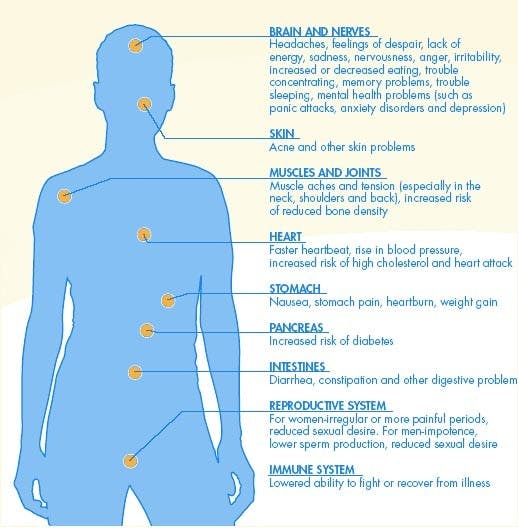 Evidence-Based Complementary and Alternative Medicine.
Evidence-Based Complementary and Alternative Medicine. - Penckofer S, Kouba J, Byrn M, Estwing Ferrans C. Vitamin D and Depression: Where is all the Sunshine?. Issues Ment Health Nurs. 2010;31(6):385-393.
- Sathyanarayana Rao T, Asha M, Ramesh B, Jagannatha Rao K. Understanding nutrition, depression and mental illnesses. Indian J Psychiatry.
- Lakhan S, Vieira K. Nutritional and herbal supplements for anxiety and anxiety-related disorders: systematic review.
- Kennedy D, Veasey R, Watson A et al. Effects of high-dose B vitamin complex with vitamin C and minerals on subjective mood and performance in healthy males.
- Han Q, Shen T, Wang F, Wu P, Chen J. Preventive and Therapeutic Potential of Vitamin C in Mental Disorders.
- Oliveira I, de Souza V, Motta V, Da-Silva S. Effects of Oral Vitamin C Supplementation on Anxiety in Students: A Double-Blind, Randomized, Placebo-Controlled Trial.
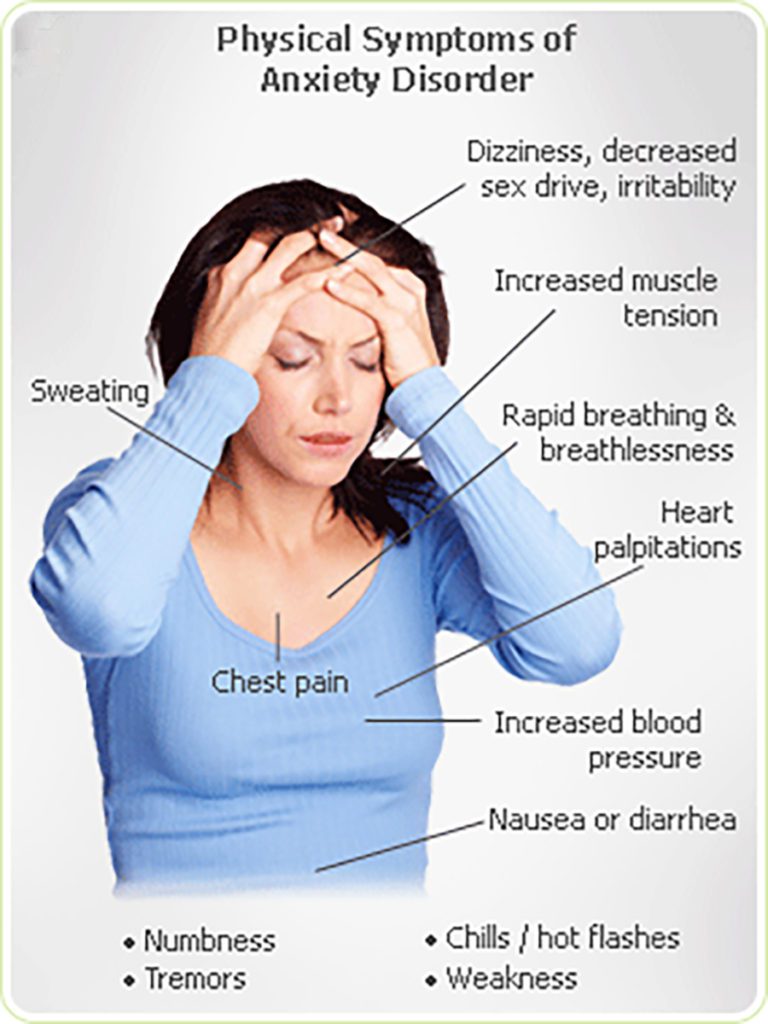
- Cornish S, Mehl-Madrona L. The role of vitamins and minerals in psychiatry.
- McCarty M. High-dose pyridoxine as an ‘anti-stress’ strategy. Med Hypotheses. 2000;54(5):803-807.
- Young L, Pipingas A, White D, Gauci S, Scholey A. A Systematic Review and Meta-Analysis of B Vitamin Supplementation on Depressive Symptoms, Anxiety, and Stress: Effects on Healthy and ‘At-Risk’ Individuals.
- Prousky J. Supplemental Niacinamide Mitigates Anxiety Symptoms: Three Case Reports. Journal of Orthomolecular Medicine. 2005;20(3):167-176.
- Boyle N, Lawton C, Dye L. The Effects of Magnesium Supplementation on Subjective Anxiety and Stress—A Systematic Review.
- Gautam M, Agrawal M, Gautam M, Sharma P, Gautam A, Gautam S. Role of antioxidants in generalised anxiety disorder and depression.
- BIČÍKOVÁ M, DUŠKOVÁ M, VÍTKŮ J et al.
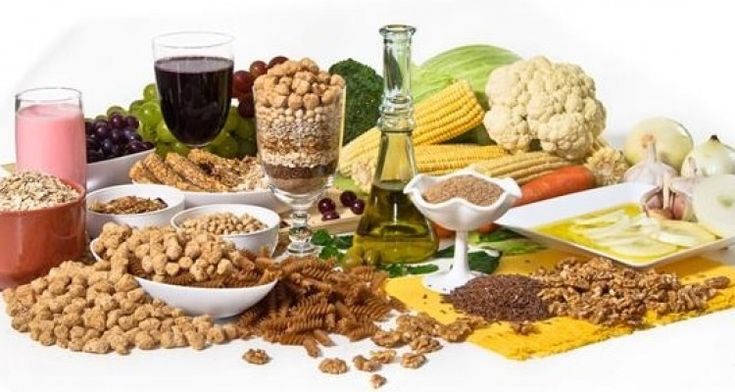 Vitamin D in Anxiety and Affective Disorders.
Vitamin D in Anxiety and Affective Disorders. - Gancheva S, Zhelyazkova-Savova M. Vitamin K2 Improves Anxiety and Depression but not Cognition in Rats with Metabolic Syndrome: a Role of Blood Glucose?. Folia Med (Plovdiv).
Natural remedies for anxiety. Which Supplements to Take When You're Stressed
Dietary supplements are not an alternative to medications and do not replace prescription medications. However, their use at the same time as drugs can significantly improve a person's health.
While all of the nutritional supplements listed in this article have beneficial effects on the human body, it is important to understand how they will affect the body's systems, taking into account the individual characteristics of the individual, including:
recent operation;
age;
pregnancy;
individual susceptibility;
the presence of diseases.
Exceeding the recommended amounts when using some supplements can be very dangerous for the human body. Therefore, it is recommended that you consult with your doctor and discuss possible side effects before you start taking dietary supplements.
Therefore, it is recommended that you consult with your doctor and discuss possible side effects before you start taking dietary supplements.
It is worth noting that, unlike drugs, the quality of nutritional supplements is not controlled by any authority. In this regard, it is recommended to buy products of well-known and trusted brands.
Consider the main foods and supplements that can improve health and reduce anxiety and anxiety.
Anxiety and Anxiety Vitamins and Supplements
If you follow a healthy diet that includes a balanced diet, the use of nutritional supplements is optional. However, if there is a lack of any vitamin in the diet, it is recommended to use specialized supplements to meet the needs of the body.
While nutritional supplements cannot replace regular foods, they can provide the body with the missing nutrients.
To identify a lack of vitamins and minerals in the body, you need to consult a doctor who can also recommend certain supplements and set their dosage, taking into account the individual characteristics of the person.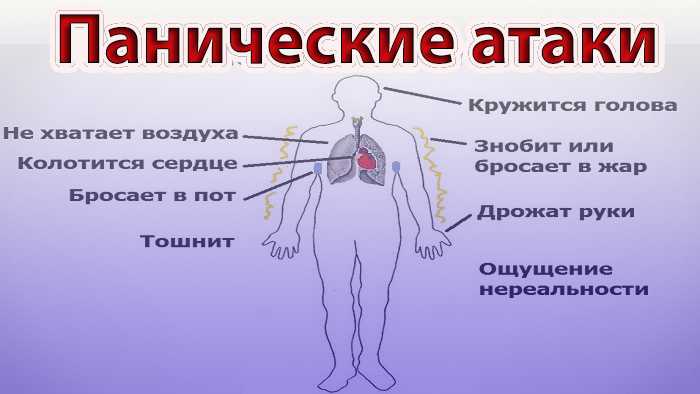
Vitamin A
In some cases, an increase in anxiety is caused by a lack of vitamin A. Due to the fact that this trace element has antioxidant properties, it can reduce anxiety.
To eliminate the symptoms of anxiety, experts recommend taking 10,000 IU of this vitamin per day at a time.
B-group vitamins
B-group vitamins are substances necessary for the normal functioning of the body. Their deficiency can lead to disruption of the nervous system. That is why the additional inclusion in the diet of vitamin complexes containing these trace elements allows you to get rid of depression and anxiety.
Experts recommend supplementing with 300 to 500 mg of B vitamins per capsule or tablet. In this case, the intake of such supplements should be carried out no more than once a day.
Vitamin C
Vitamin C, which has antioxidant properties, can prevent oxidative processes that lead to disruption of the nervous system. These destructive processes can cause anxiety.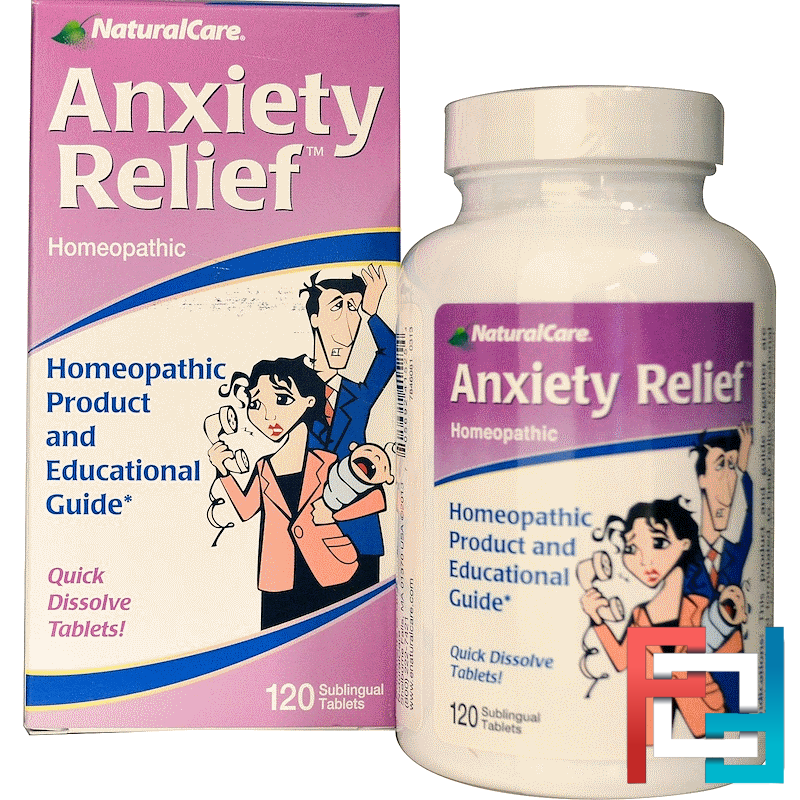
This effect can be prevented by taking 500 to 1000 mg of vitamin C per day. The corresponding amount of substance can be divided into two doses.
Vitamin D
Vitamin D is necessary for the human body to improve the absorption of a number of trace elements necessary to maintain the functioning of most body systems. That is why the lack of this vitamin can be the cause of the lack of other trace elements in the body, which can lead to increased levels of anxiety.
The recommended daily intake of vitamin D is 1 to 2 thousand IU. Specialists allow the division of the above volume into several stages.
Vitamin E
With increased levels of stress or anxiety, the human body begins to use vitamin E in large quantities. In this regard, the use of this element at the same time as eating can eliminate the symptoms of anxiety and stress. For this, it is enough to consume approximately 400 IU of vitamin E once a day.
Fish oil
Fish oil is rich in omega-3 fatty acids with antioxidant properties. Researchers have found that these acids are able to reduce anxiety levels.
Researchers have found that these acids are able to reduce anxiety levels.
The recommended intake of omega-3 fatty acids, which include DHA, EPA and ALA, is about 2 grams per day. It is allowed to divide the above dosage into several doses.
Gamma-aminobutyric acid
Gamma-aminobutyric acid is one of the most important neurotransmitters in the human brain. The lack of this substance can not only cause anxiety, but also increase it. Studies have shown that adding this acid to the diet can eliminate the symptoms of anxiety by restoring balance.
The daily intake of this substance should be between 500 and 750 mg. At the same time, this volume can be used both in one and in several doses.
L-theanine
An amino acid found in green tea called L-theanine has a calming effect. So, in the framework of one of the studies, it was found that this substance can not only eliminate the symptoms of anxiety, but also reduce pain.
The amount of L-theanine recommended for consumption is 200 mg.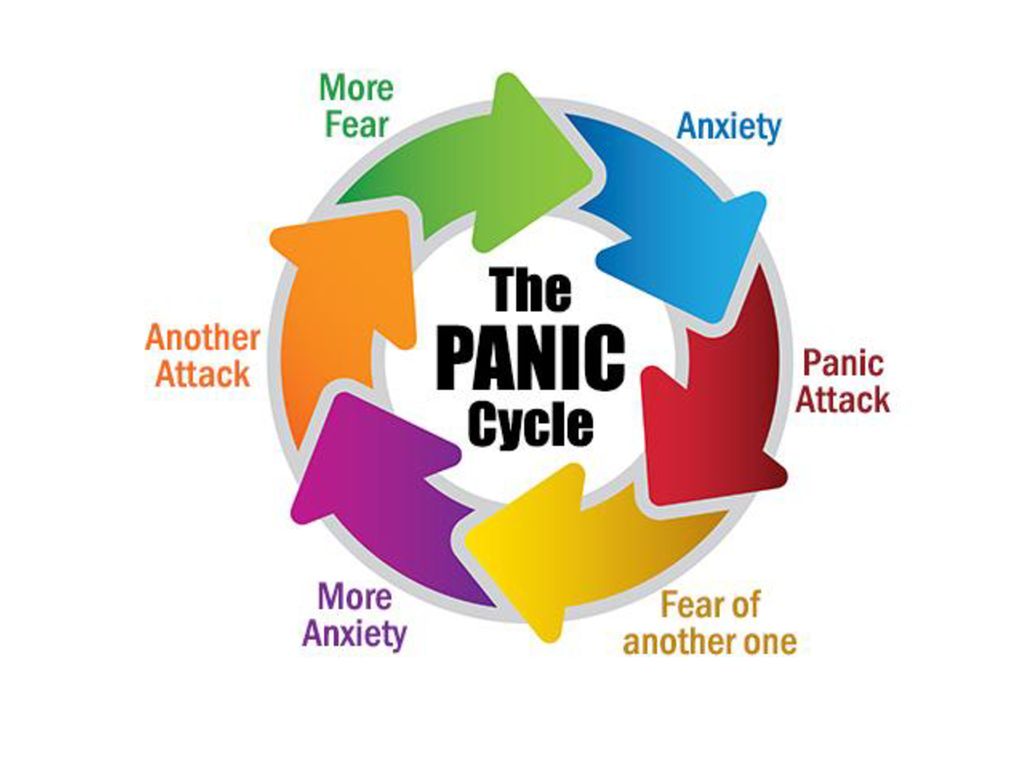
Magnesium
The mineral magnesium is one of the most important trace elements in the human body. Despite the fact that the volume of this trace element in the human body is relatively small, its deficiency can lead to serious consequences, one of which is an increased sense of anxiety.
Eliminate this effect will allow the use of 100 to 500 mg of this substance per day.
5-hydroxytryptophan
5-hydroxytryptophan is one of the neurotransmitters used by the human brain. This substance is a precursor of serotonin, also known as the "happiness hormone". The use of 5-hydroxytryptophan, according to the results of experiments conducted in 2012, can eliminate the symptoms of anxiety. However, it is only effective when taken in combination with other drugs used in some psychiatric treatments.
Experts recommend taking 50 to 200 mg of this substance per day to relieve anxiety and anxiety symptoms.
Anxiety Relieving Herbs
Some herbs contain phytochemicals that can completely eliminate anxiety and anxiety symptoms.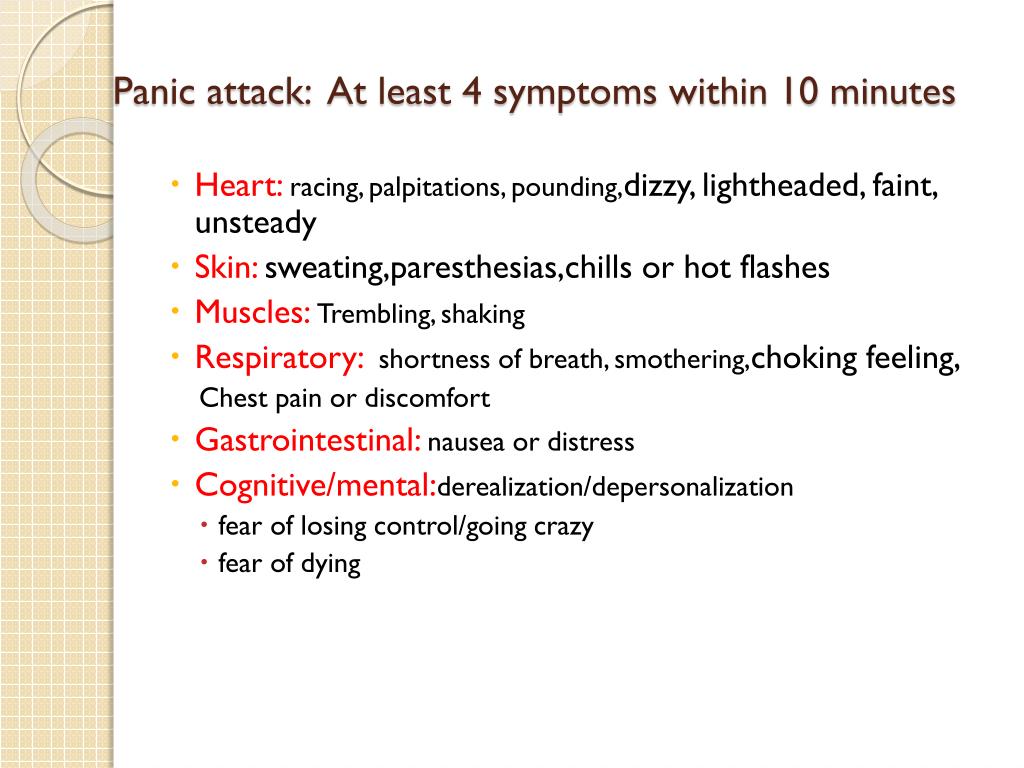 To achieve this effect, such herbs are used in the form of extracts, teas and tinctures.
To achieve this effect, such herbs are used in the form of extracts, teas and tinctures.
Ashwagandha
Ashwagandha, which is one of the medicinal herbs used in traditional medicine, can have a calming effect on the human body, like powerful drugs.
Experts recommend that approximately 900 mg of this herb be included in the diet to relieve feelings of anxiety and anxiety. It is also allowed to take capsules of the same name up to two times a day, provided that 450 mg of a medicinal plant is contained in one capsule.
Bacopa
Bacopa belongs to the Plantain family. This medicinal plant helps to protect neurons from damage, as well as lower the level of cortisol in the blood, which is considered the main cause of stress. Due to this, bacopa is considered one of the best herbs for reducing anxiety and anxiety.
The daily intake of the extract should be approximately 500 mg. If necessary, this volume can be divided into two doses.
Chamomile
Chamomile has been used in folk medicine for decades as a remedy for anxiety.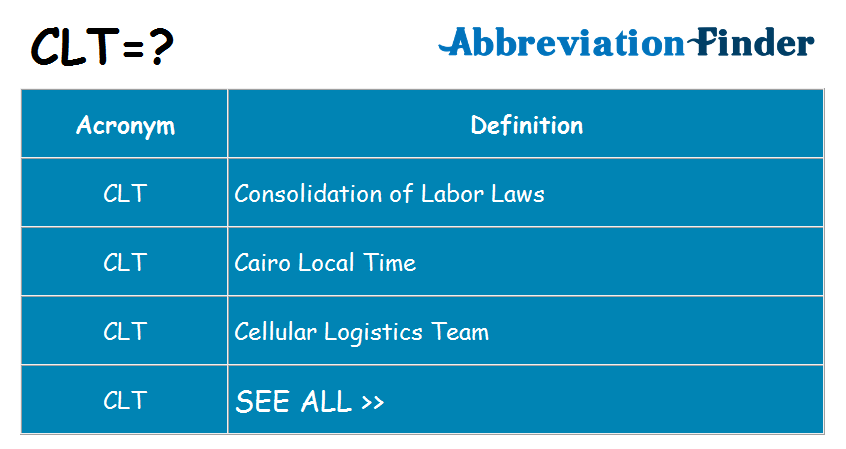 In this case, this plant can be used both in the form of tea and in the form of an extract contained in capsules.
In this case, this plant can be used both in the form of tea and in the form of an extract contained in capsules.
Anxiety can be reduced by consuming 350 to 500 mg of chamomile per day. In this case, the reception of this volume can be divided into two times.
Intoxicating pepper
Intoxicating pepper, also known as the plant called kava kava, is one of the most effective sedatives. In the process of conducting research, it was found that this plant enhances the effectiveness of gamma-aminobutyric acid contained in the human body. Thus, the extract of this plant enhances the body's ability to withstand stress and anxiety.
The daily intake of intoxicating pepper extract should be approximately 250 mg. It is important to note that the duration of consumption of the kava plant should not exceed four weeks.
Lavender
Lavender has long been used as an effective treatment for anxiety and stress symptoms. This plant is able to have a sedative effect on the central nervous system, which can reduce anxiety and prevent the development of depression.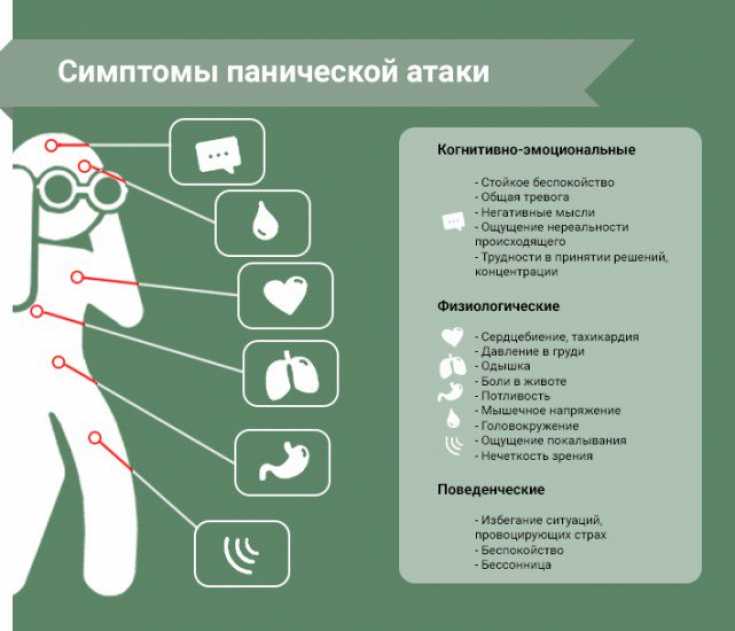
Experts recommend using lavender in combination with other anxiety-reducing herbs. However, the independent use of this plant is also allowed. In the latter case, its dosage should not exceed 400 mg per day.
Melissa
Another plant with sedative properties is lemon balm, which is also considered a relative of lavender. To eliminate feelings of anxiety and anxiety, experts recommend using an extract of this plant in a volume of up to 500 mg per day.
Passiflora
A plant called passionflower is used in folk medicine to reduce stress and anxiety. According to a study conducted in 2017, the effectiveness of this plant is comparable to powerful drugs for eliminating anxiety.
Anxiety, anxiety and stress symptoms can be relieved with approximately 500 mg of this herb extract, which is usually sold in capsule form.
Rhodiola
A plant native to the Alpine regions called Rhodiola has been recognized as one of the best folk remedies for reducing anxiety.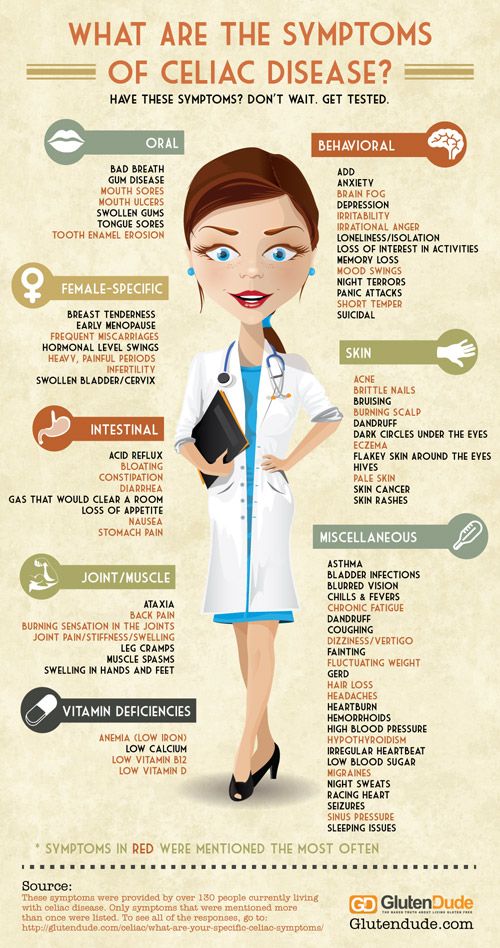 This plant has been used in folk medicine for over 100 years.
This plant has been used in folk medicine for over 100 years.
Doctors recommend taking two capsules of rhodiola extract daily to relieve symptoms of anxiety. In this case, the total volume of the substance in them should be approximately 500 mg.
St. John's wort
One of the folk remedies for depression and anxiety is a herb called St. John's wort. According to research, this plant is more effective in reducing the level of anxiety associated with depression.
The recommended intake is 300 mg per day. It is important to note that taking this medicinal herb is unacceptable when using contraceptives.
Valerian
While valerian is one of the most effective sleep aids, its extract can also be used to reduce anxiety.
The daily intake should not exceed 500 mg per day.
Effective Anxiety Relief Blends
Specialty anxiety supplements can contain not only vitamins or herbs but also blends of several ingredients. This is due to the fact that some herbs and trace elements, with a complex effect, can achieve a better effect than a single component. Consider the most popular connections.
This is due to the fact that some herbs and trace elements, with a complex effect, can achieve a better effect than a single component. Consider the most popular connections.
Ashwagandha and Bacopa
The combination of Ashwagandha and Bacopa is often found in Indian folk and traditional medicine. This is due to the fact that the combined effect of these herbs is several times greater than the effect of each of them individually.
Bacopa and fish oil
Bacopa is recommended to be used in combination with food to increase its effectiveness. This is due to the fact that this plant belongs to fat-soluble substances, which indicates its maximum effectiveness when combined with fats. That is why bacopa is considered the most effective for reducing stress when combined with fish oil, which protects neurons from destruction.
Lavender and chamomile
Chamomile and lavender are among the most effective herbal sedatives. According to research results, the use of a combination of these two plants can achieve an effect comparable to potent sedatives.
Passiflora and St. John's wort
Many researchers are unsure of the effectiveness of St. John's wort as a means to reduce anxiety. However, they claim that this herb is able to enhance the action of other plants. In this regard, the combination of St. John's wort and passionflower is considered an effective remedy for the symptoms of anxiety.
Melissa and valerian
Melissa, like valerian, is one of the most powerful herbal sedatives. Because of this, the combination of both of these herbs allows you to achieve maximum effectiveness in eliminating the symptoms of anxiety.
Conclusion
While all of the above supplements are recommended for anxiety relief, it is recommended that you consult your doctor before adding them to your diet. This is due to the fact that some of them, depending on the individual characteristics of the body, can cause side effects.
The doctor is then able to choose the most appropriate supplement and amount of supplementation, or suggest an alternative way to treat anxiety symptoms by including herbs in the diet.
Dietary supplements to reduce anxiety levels are not recommended for the following categories of people:
elderly - over 65 years of age;
women during pregnancy;
children.
If a new supplement is included in the diet, it is necessary to monitor the state of health and, in case of negative changes, seek medical help.
Research links
1. Apaydin EA, et al. (2016). A systematic review of St. John's wort for major depressive disorder. DOI:
10.1186/2Fs13643-016-0325-2
2. Benson S, et al. (2013). An acute, double-blind, placebo-controlled cross-over study of 320 mg and 640 mg doses of Bacopa monnieri (CDRI 08) on multitasking stress reactivity and mood. DOI:
10.1002/ptr.5029
3. Boonstra E, et al. (2015). Neurotransmitters as food supplements: the effects of GABA on brain and behavior. DOI:
10.3389/fpsyg.2015.01520
Autumn blues and panic attacks. How to distinguish one from the other?
With the approach of winter, we increasingly notice apathy and a decrease in activity.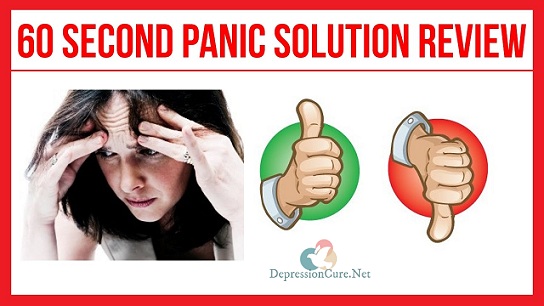 This condition, called in ancient times by the classics of literature "autumn blues", has a completely scientific explanation and modern methods of correction. But there is another mental health disorder — panic attacks, the frequency of which has increased many times over this fall. Many see them as a side effect of the pandemic, both physiologically and psychologically. Is this true, what is the cause of such mental problems and how to correct the situation? For clarification, we turned to Svetlana Yurievna Kalinchenko, MD, Professor, Head of the Department of Endocrinology and Holistic Medicine, FNMO MI RUDN
This condition, called in ancient times by the classics of literature "autumn blues", has a completely scientific explanation and modern methods of correction. But there is another mental health disorder — panic attacks, the frequency of which has increased many times over this fall. Many see them as a side effect of the pandemic, both physiologically and psychologically. Is this true, what is the cause of such mental problems and how to correct the situation? For clarification, we turned to Svetlana Yurievna Kalinchenko, MD, Professor, Head of the Department of Endocrinology and Holistic Medicine, FNMO MI RUDN
NFO: Svetlana Yuryevna, the state of autumn mood depression, associated primarily with short daylight hours, has long been known to doctors. But today the situation has become more complicated, and for many, seasonal depression has become combined with bouts of anxiety and unreasonable anxiety - panic attacks. Let's see how to recognize both of these conditions.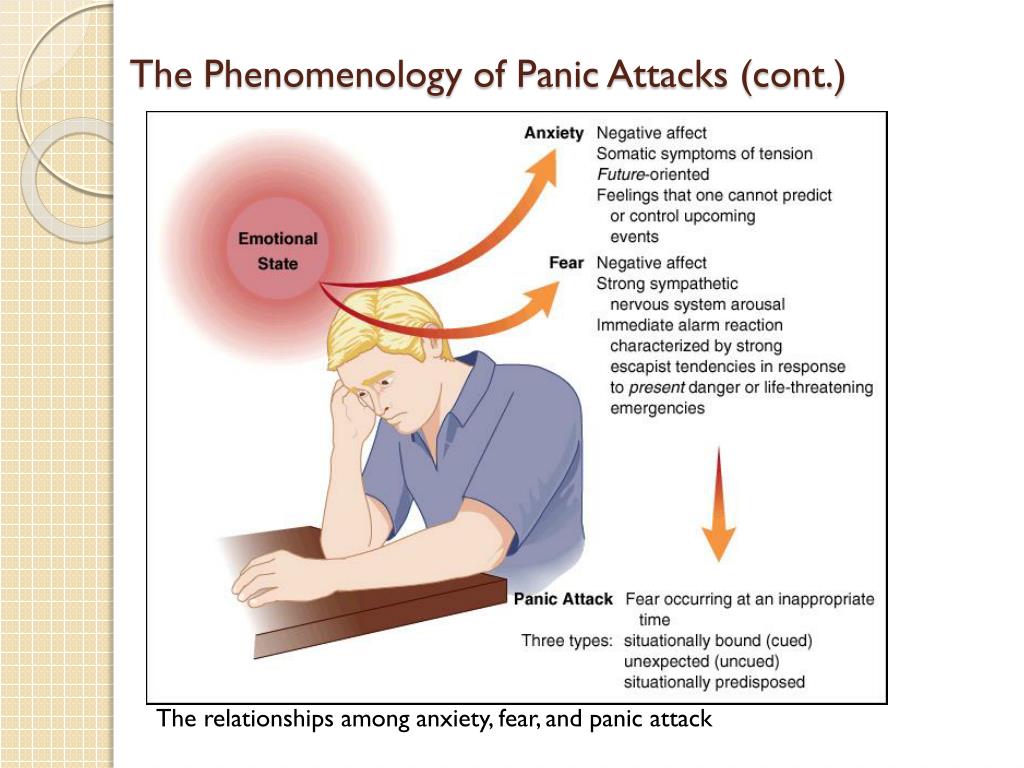
S. Yu: Let's make a reservation right away that in the fall we are not covered by depression, but by seasonal depression of mood. Depression is a disease. With her, you don’t want anything, there is no desire to act, you want to close yourself and not see anyone. Depression is a fairly serious condition, with the slightest sign of which, you must definitely go to the doctor so that the case does not end in suicide. When a person says: “Oh, I'm depressed today, let's go to a restaurant” - this is just a bad mood. If there is a desire to seize depression, drink depression, smoke depression - this is not it. Indeed, with this disease, people completely lack the desire to socialize.
NFO: Okay, let's call this state the literary phrase "autumn blues". But the essence of the question is the same: what is the reason for this seasonal depression of mood?
S. Yu: The explanation here is the simplest - shortened daylight hours, cloudiness and lack of sunlight. After all, it is thanks to him that vitamin D is produced in our body, which, in simple terms, is responsible for our good mood and socialization. Therefore, the spleen covers the inhabitants of St. Petersburg more strongly than Muscovites. And in Krasnodar they suffer even less often. By the way, obesity in general and winter weight gain in particular are associated with a deficiency of this vitamin.
After all, it is thanks to him that vitamin D is produced in our body, which, in simple terms, is responsible for our good mood and socialization. Therefore, the spleen covers the inhabitants of St. Petersburg more strongly than Muscovites. And in Krasnodar they suffer even less often. By the way, obesity in general and winter weight gain in particular are associated with a deficiency of this vitamin.
NFO: And how does it affect fat metabolism?
S. Yu: Lack of vitamin D leads to a slowdown in metabolism. You seem to be not changing the diet, but at the same time gaining weight and increasing in volume. This is because with a decrease in metabolism, the body is content with fewer calories. And unused sends to fat depots. In addition, vitamin D also affects the brain, improving the perception of information. That is why in the summer we strive for knowledge, and in the winter we are lazy and stupid.
NFO: And the panic attacks that are talked about so much, are they also associated with vitamin D? Or, as many now say, are these the consequences of the coronavirus?
S. Yu: Let's first briefly describe the symptoms of a panic attack. Unlike seasonal blues, when we do not want anything, we are sad, yawn and lazy, a panic attack does not affect the general mood in any way. We remain active, we want everything, we strive everywhere. But at some point, an unmotivated fear appears: now something will happen, the heart will stop, bad things will happen to loved ones, work will not work, the meeting will fail, etc. After a while, this panic passes, and then it covers again.
Yu: Let's first briefly describe the symptoms of a panic attack. Unlike seasonal blues, when we do not want anything, we are sad, yawn and lazy, a panic attack does not affect the general mood in any way. We remain active, we want everything, we strive everywhere. But at some point, an unmotivated fear appears: now something will happen, the heart will stop, bad things will happen to loved ones, work will not work, the meeting will fail, etc. After a while, this panic passes, and then it covers again.
NFO: So this state has been known for a long time? But why then is the number of people with panic attacks on the rise right now? And is it related to COVID19?
S.Yu.: We have known the flu for 100 years, but no one has ever noticed that a panic attack occurs after it. COVID19 is still a type of flu. The reason for the frequent attacks of anxiety is, no matter how trite it sounds, the lack of positive emotions, social activity and oxygen. In other words, in order to feel confident, we must breathe deeply, communicate with people not through gadget screens, but live and receive less bad news.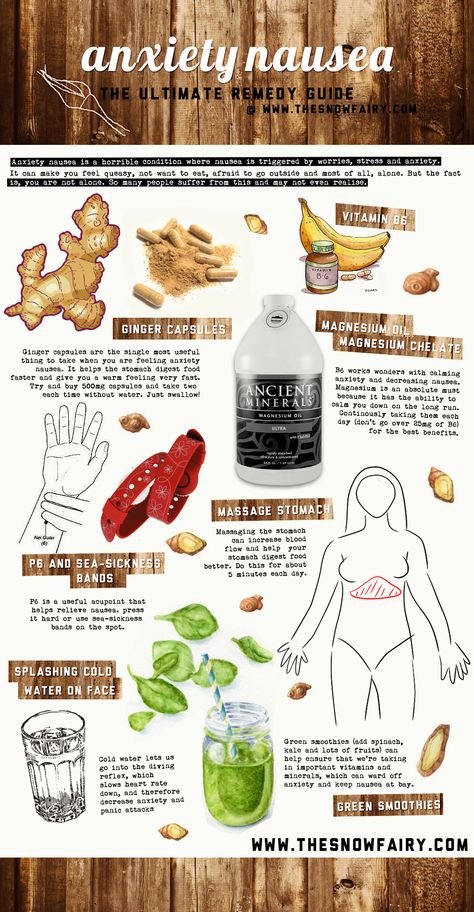 Now everything is happening exactly the opposite. Even such a seemingly convenient and pleasant thing as grocery delivery pours water on the mill of panic attacks. Man by nature is a provider. He must find food and choose it himself. Going to the store can be compared to ancient hunting and gathering: get ready, leave the house, drive to the supermarket, walk between the shelves, figure out what you need, take what you need and bring it to your “cave”. Only then will the brain feel comfortable. And now this natural process for many is accompanied by a fear of infection. In other words, the fear of death from relatives, which is unnatural. Add to that the hypoxia from wearing masks. And the lack of normal social communication in offices, guests, etc. Plus the negativity and horror pumped up by the media. That's the reason for so much panic in society. In addition, we are also reaping the fruits of the spring quarantine, in which all of the above reasons have also accumulated, and now have intensified.
Now everything is happening exactly the opposite. Even such a seemingly convenient and pleasant thing as grocery delivery pours water on the mill of panic attacks. Man by nature is a provider. He must find food and choose it himself. Going to the store can be compared to ancient hunting and gathering: get ready, leave the house, drive to the supermarket, walk between the shelves, figure out what you need, take what you need and bring it to your “cave”. Only then will the brain feel comfortable. And now this natural process for many is accompanied by a fear of infection. In other words, the fear of death from relatives, which is unnatural. Add to that the hypoxia from wearing masks. And the lack of normal social communication in offices, guests, etc. Plus the negativity and horror pumped up by the media. That's the reason for so much panic in society. In addition, we are also reaping the fruits of the spring quarantine, in which all of the above reasons have also accumulated, and now have intensified.
NFO: In other words, seasonal blues and weight gain are caused by vitamin D deficiency, while panic attacks are caused by lack of oxygen, socialization, habitual activity and positive information. But if we are not able to change the situation in society, then maybe there are ways to compensate for these conditions with the help of medicines or nutritional supplements?
S. Yu: Everything is clear and logical with seasonal melancholy. Taking vitamin D will help stop it. And not in supportive, but in significant doses. I sometimes prescribe 6000 units a day if everything is critical. The usual dose is 2000-4000 units. Of course, only a doctor can calculate the amount of this substance you need. And better, a D-doctor, who was trained at the only department of endocrinology in the world with a course of holistic medicine at the Peoples' Friendship University, where they teach to understand vitamin D. Due to the fact that this database is already 10 years old, specialists trained there practice in many Russian and foreign cities. So, even if you do not live in Moscow, you can now find a D-doctor in your region. Through the Internet or the website of our clinic.
So, even if you do not live in Moscow, you can now find a D-doctor in your region. Through the Internet or the website of our clinic.
NFO: And what drugs will help with panic attacks?
S. Yu: I am a categorical opponent of antidepressants, which are often prescribed for these conditions. A panic attack is a lack of oxygen, hypoxia of the brain. And antidepressants additionally slow down the metabolism in it. That is, they exacerbate the situation. I recommend adding omega-3 fatty acids to your diet. These are amazing substances that simultaneously work both as a building material and as hormones. Nervous system more than 90% consists of adipose tissue. But not from the one that is deposited on our stomach and hips - this is “bad”, according to the brain, fat. For the normal construction and operation of the nervous tissue, polyunsaturated fatty omega-3 acids are needed. In addition, these substances are a component of the membranes of all cells. And if they are not enough there, oxygen exchange is disturbed.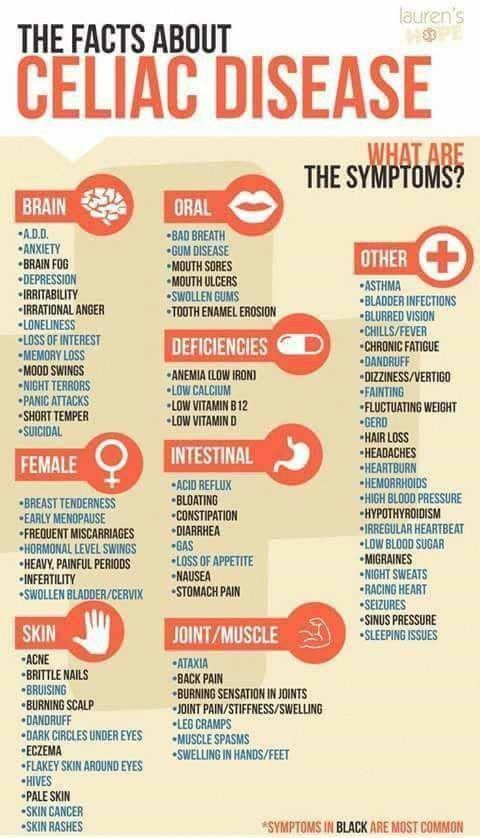 Hypoxia sets in - the root cause of a panic attack. First of all, this applies to erythrocytes - red blood cells responsible for the transfer of much-needed O2. If he cannot enter them, then all tissues and organs suffer from this.
Hypoxia sets in - the root cause of a panic attack. First of all, this applies to erythrocytes - red blood cells responsible for the transfer of much-needed O2. If he cannot enter them, then all tissues and organs suffer from this.
NFO: Today you can buy a variety of origin Omega-3 acids. From fish, flax, primrose, even algae. Which of them are more efficient?
S. Yu: Any omega will work as an omega. But if those obtained from fish are absorbed by the body directly, then an additional dexaturase enzyme is needed to utilize phyto-omegas. That is, the path is longer. And this enzyme is produced not by everyone and in the proper quantity. So for reliability, I still recommend Omega-3 acids from fish. Rolls-Royces among them are those that are combined with krill oil - small crustaceans that fish feed on. It contains the antioxidant astaxanthin, which gives additional protection to cells, as well as keratinoids, derivatives of vitamin A. They also provide invaluable benefits to the body, helping to resist nervous disorders and even aging.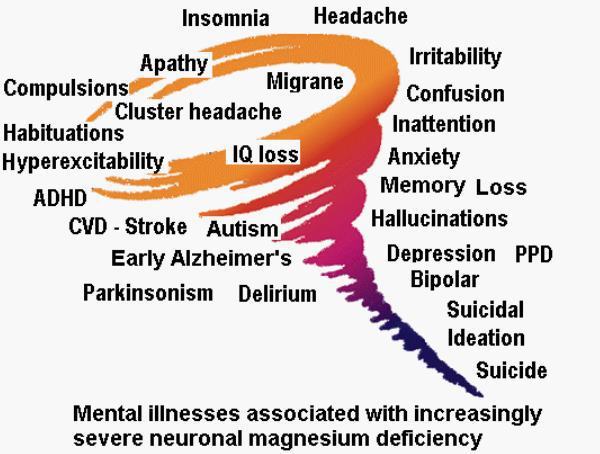 In addition, regular and proper intake of omega-3 acids in combination with vitamin D will help you reduce and stabilize weight. This is known to professional athletes who take lion's doses of this drug during "drying".
In addition, regular and proper intake of omega-3 acids in combination with vitamin D will help you reduce and stabilize weight. This is known to professional athletes who take lion's doses of this drug during "drying".
NFO: How?
S. Yu: Both of these substances are involved in the production of hormones that affect our good mood, the balance of the nervous system, sexual activity and much more. Including fat metabolism, which vitamin D with Omega-3 acids debug, preventing the deposition of lipids. In addition, due to the normalization of oxygen metabolism, microcirculation in problem areas improves and the utilization of fat accumulated there begins. But a lot of the weight loss process depends on when you take omega-3s. If you eat for half an hour, you will lose weight, as they reduce appetite and, by stimulating metabolism, prevent excess fat from food from being deposited in problem areas. If weight loss isn't an issue for you, take your omega-3s with meals and eat as much as you want.